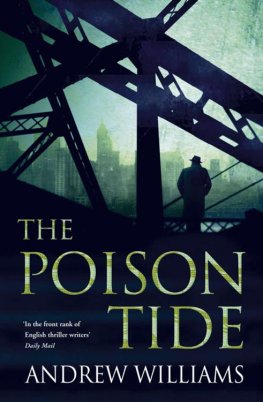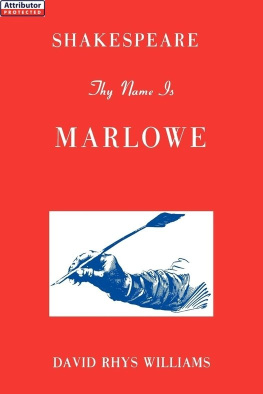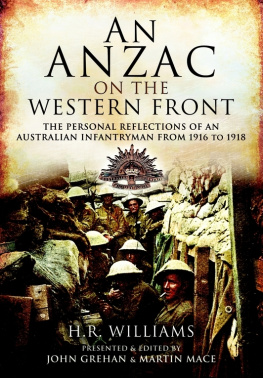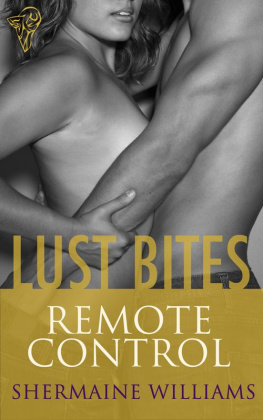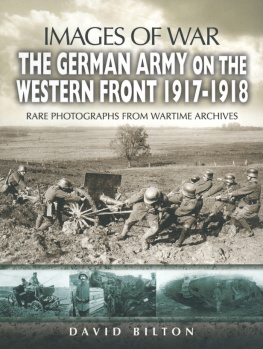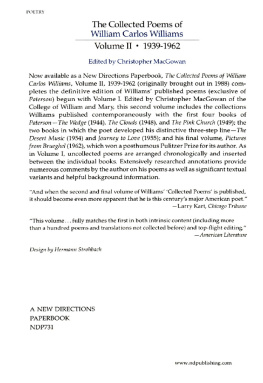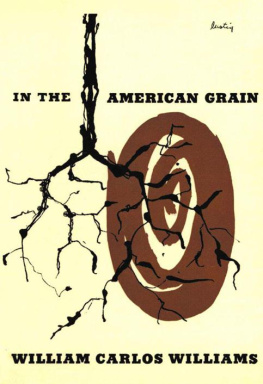This edition published in 2014 by
Pen & Sword Military
An imprint of
Pen & Sword Books Ltd
47 Church Street
Barnsley
South Yorkshire
S70 2AS
This book was first published as In the Claws of the German Eagle
by E. P. Dutton & Co., New York, 1917.
Copyright Coda Books Ltd.
Published under licence by Pen & Sword Books Ltd.
ISBN: 9781783463084
EPUB ISBN: 9781473850521
PRC ISBN: 9781473850590
A CIP catalogue record for this book is available from the British Library
All rights reserved. No part of this book may be reproduced or transmitted in any form or by
any means, electronic or mechanical including photocopying, recording or by any information
storage and retrieval system, without permission from the Publisher in writing.
Printed and bound in England
By CPI Group (UK) Ltd, Croydon, CR0 4YY
Pen & Sword Books Ltd incorporates the imprints of Pen & Sword Aviation, Pen & Sword
Family History, Pen & Sword Maritime, Pen & Sword Military, Pen & Sword Discovery, Pen
& Sword Politics, Pen & Sword Atlas, Pen & Sword Archaeology, Wharncliffe Local History,
Wharncliffe True Crime, Wharncliffe Transport, Pen & Sword Select, Pen & Sword Military
Classics, Leo Cooper, The Praetorian Press, Claymore Press, Remember When, Seaforth
Publishing and Frontline Publishing
For a complete list of Pen & Sword titles please contact
PEN & SWORD BOOKS LIMITED
47 Church Street, Barnsley, South Yorkshire, S70 2AS, England
E-mail:
Website: www.pen-and-sword.co.uk
INSTEAD OF A PREFACE
T HE HORRIBLE AND incomprehensible hates and brutalities of the European War! Unspeakable atrocities! Men blood-lusting like a lot of tigers!
Horrible they are indeed. But my experiences in the war zone render them no longer incomprehensible. For, while over there, in my own blood I felt the same raging beasts. Over there, in my own soul I knew the shattering of my most cherished principles.
It is not an unique experience. Whoever has been drawn into the center of the conflict has found himself swept by passions of whose presence and power he had never dreamed.
For example: I was a pacifist bred in the bone. Yet, caught in Paris at the outbreak of the war, my convictions underwent a rapid crumbling before the rising tide of French national feeling. The American Legion exercised a growing fascination over me. A little longer, and I might have been marching out to the music of the Marseillaise, dedicated to the killing of the Germans. Two weeks later I fell under the spell of the self-same Germans. That long gray column swinging on through Lige so mesmerized me that my natural revulsion against slaughter was changed to actual admiration.
Had an officer right then thrust a musket into my hand, I could have mechanically fallen into step and fared forth to the killing of the French. Such an experience makes one chary about dispensing counsels of perfection to those fighting in the vortex of the world-storm. Whenever I begin to get shocked at the black crimes of the belligerents, my own collapse lies there to accuse me.
It is in the spirit of a non-partisan, then, that this chronicle of adventure in those crucial days of the early war is written. It is a welter of experiences and reactions which the future may use as another firsthand document in casting up its own conclusions. There is no careful calling out of just those episodes which support a particular theory, such as the total and complete depravity of the German race.
Despite my British ancestry, the record tries to be impartial - without pro- or anti-German squint. If the reader had been in my skin, zigzagging his way through five different armies, the things which I saw are precisely the ones which he would have seen. So I am not to blame whether these episodes damn the Germans or bless them. Some do, and some dont. What one ran into was largely a matter of luck.
For example: In Brussels on September 27, 1914, I fell in with a lieutenant of the British army. With an American passport he had made his way into the city through the German lines. We both desired to see Louvain, but all passage thereto was for the moment forbidden. Starting out on the main road, however, sentry after sentry passed us along until we were halted near staff headquarters, a few miles out of the city, and taken before the commandant. We informed him of our overweening desire to view the ruins of Louvain. He explained, as sarcastically as he could, that war was not a social diversion, and bade us make a quick return to Brussels, swerving neither to the right nor left as we went.
As we were plodding wearily back, temptation suddenly loomed up on our right in the shape of a great gas-bag which we at first took to be a Zeppelin. It proved to be a stationary balloon which was acting as the eye of the artillery. It was signaling the range to the German gunners beneath, who were pounding away at the Belgians. In our excitement over the spectacle, we went plunging across fields until we gained a good view of the great swaying thing, tugging away at the slender filament of rope which bound it to the earth.
Sinking down into the grass, we were so intent upon the sharp electric signaling as to be oblivious to aught else, until a voice rang a harsh challenge from behind. Jumping to our feet, we faced a squad of German soldiers and an officer who said:
What are you doing here?
Came out to see the big balloon, we somewhat naively informed him.
Very good! he said. And then, quite as if he were rewarding our manifest zeal for exploration, he added, Come along with me and you can see the big commandant, too.
Three soldiers ahead and three behind, we were escorted down the railroad track in silence until we began to pass some cars filled with the recently wounded in a fearfully shot-to-pieces state. Some one mumbled Englishmen! and the whole crowd, bandaged and bleeding as they were, rose to the occasion and greeted us with derisive shouts.
Put the blackguards to work, growled one.
No! Kill the damn spies! shouted another, as he pulled himself out of the straw, kill them!
A huge fellow almost wild from his wounds bellowed out: Why dont you stick your bayonet into the cursed Englishmen! No doubt it would have eased his pain a bit to see us getting a taste of the same thing he was suffering.
Our officer, as if to make concessions to this hue and cry, growled harshly: Dont look around! Damn you! and take your hands out of your pockets!
We heaved sighs of relief as we left this place of pain and hate behind. But a new terror took hold of us as a turn in the track brought our destination into view. It was the staff headquarters in which, two hours before, the commandant had ordered us to make direct return to Brussels.
Wait here, said the officer as he walked inside.
We stood there trying to appear unconcerned while we cursed the exploring bent in our constitutions, and mentally composed farewell letters to the folks at home.


